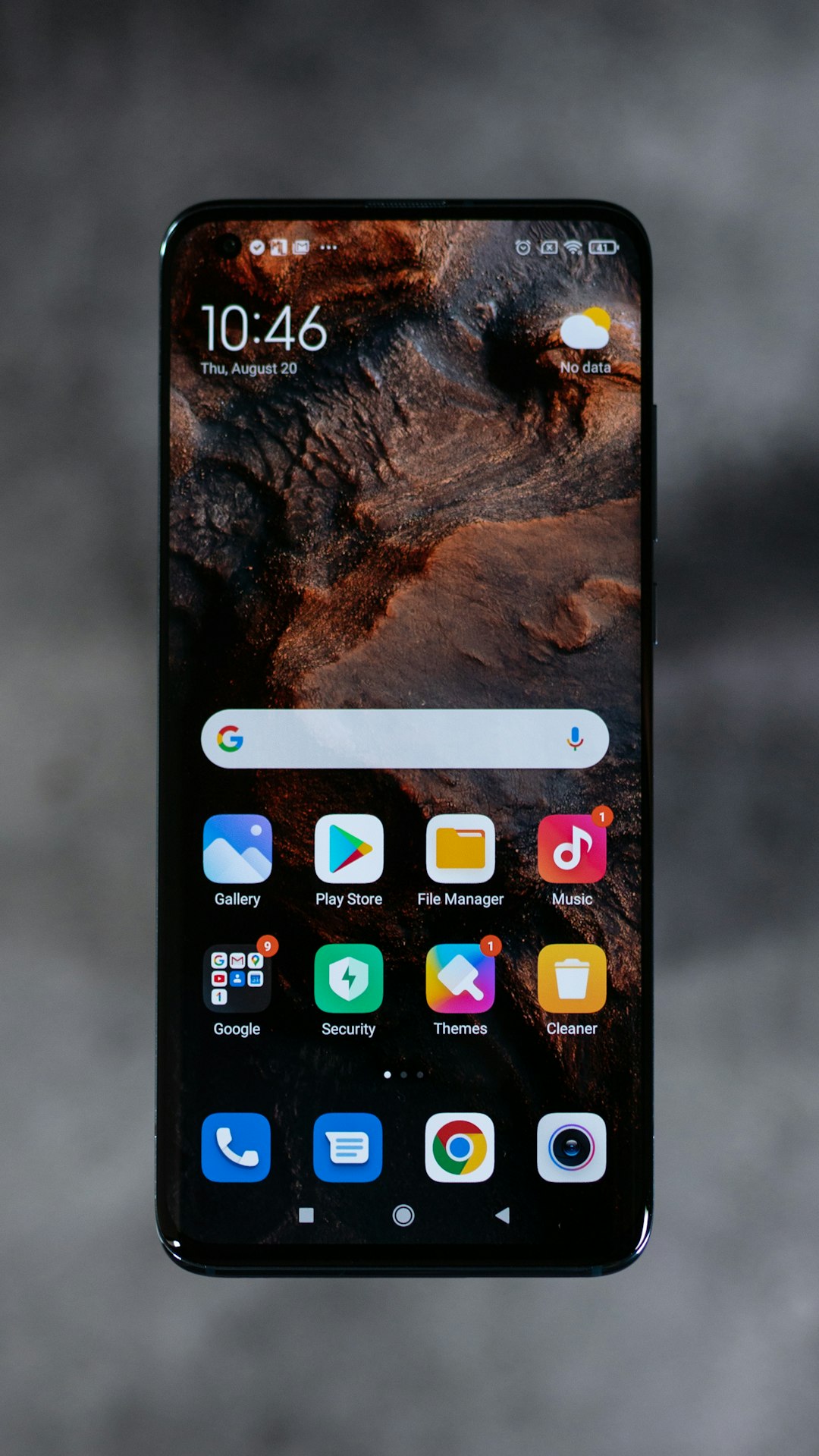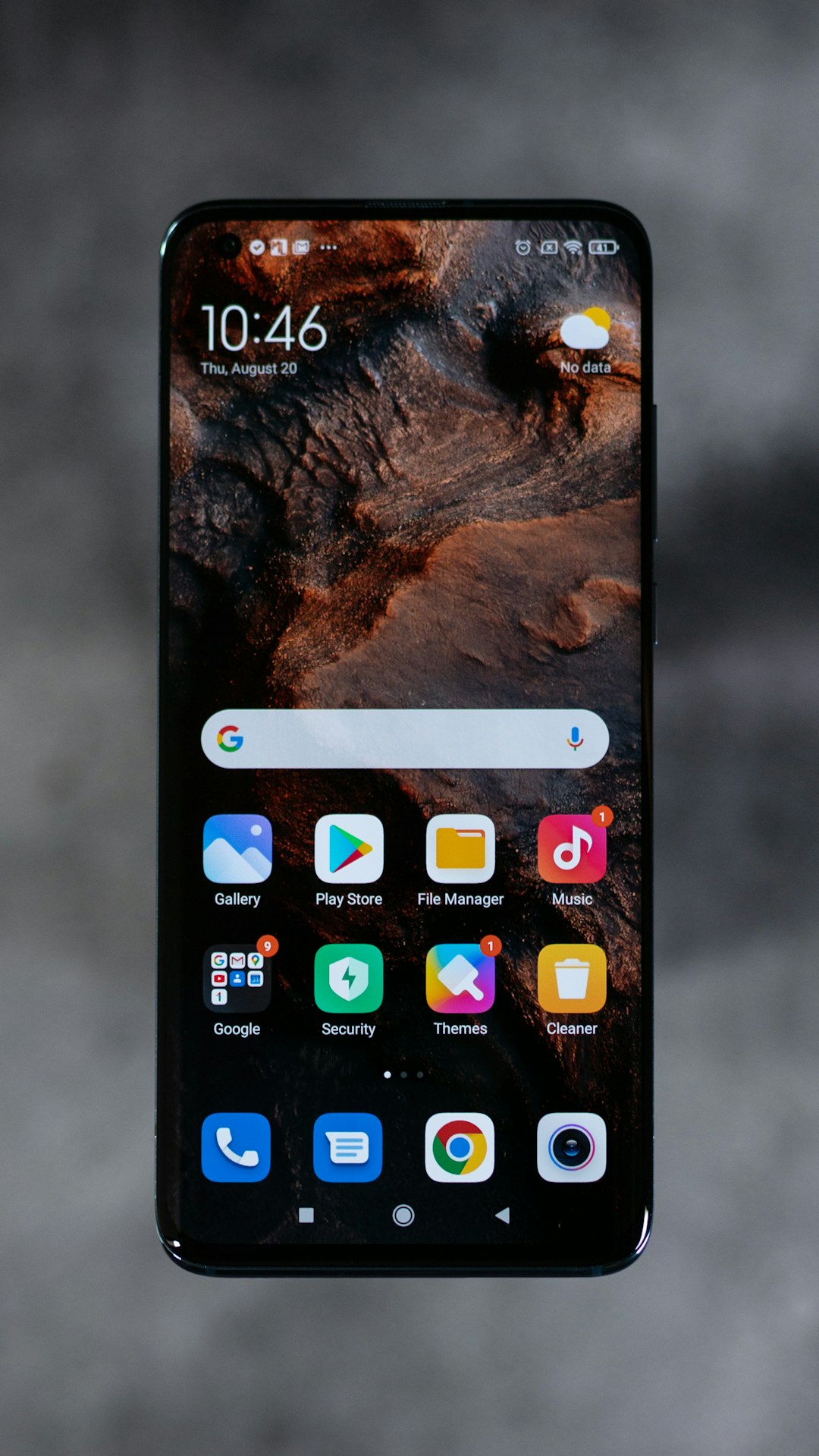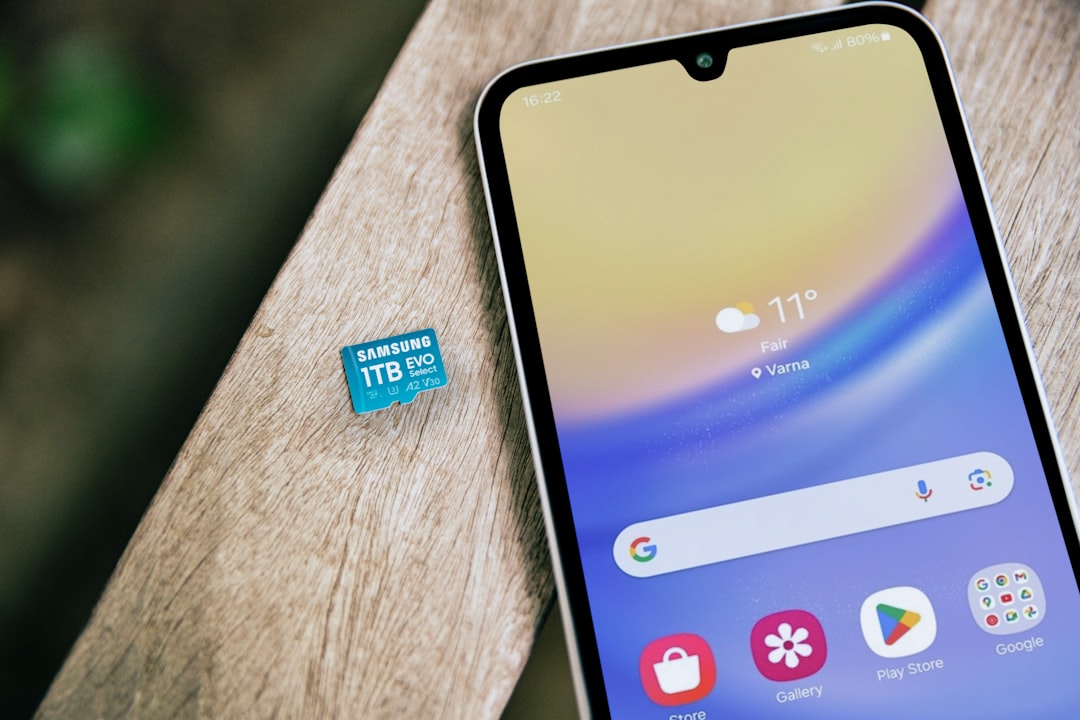Philadelphia's strict spam laws protect residents' privacy and prevent harassment from unwanted text messages, especially from law firms. The city's "Do Not Call" registry prohibits promotional texts to registered numbers, with severe legal consequences for violators. Residents can register their phones, report spam, and hold businesses accountable to maintain a peaceful digital environment. Law firms must adhere to these rules, ensuring a positive business-client relationship.
“Navigating the complex landscape of Philadelphia’s spam text message laws is crucial for both consumers and businesses. This guide delves into the city’s regulations, offering a comprehensive understanding of unwanted text messages. Learn about legal actions against violators and the safe harbors available to legitimate businesses. Discover your rights as a consumer and explore valuable resources to protect yourself from harmful practices. Stay informed, stay safe—avoid the pitfalls of spam in Philadelphia.”
Understanding Philadelphia's Spam Laws

Philadelphia, like many cities, has stringent regulations in place to protect residents from unwanted spam text messages. These laws are designed to prevent harassment and ensure that citizens’ privacy is respected. The key to understanding Philadelphia’s spam laws lies in recognizing what constitutes consent and how businesses and individuals can stay within legal boundaries.
One important aspect to note is the “Do Not Call” registry specifically mentioned for law firms in Philadelphia. This means that law firms are prohibited from sending promotional or unsolicited text messages to numbers registered on this list. Compliance with these rules not only avoids legal repercussions but also fosters a healthier and less intrusive relationship between businesses and their potential clients.
Definition of Unwanted Text Messages

Unwanted text messages, often referred to as spam, are a common nuisance in today’s digital age. In the context of Philadelphia laws, these are typically defined as unsolicited texts sent for promotional or advertising purposes, without the explicit consent of the recipient. This includes messages from law firms or any other organizations promoting their services, products, or offers. The Do Not Call laws in Philadelphia aim to protect residents from such unwanted communications, ensuring that their privacy is respected and their phone lines remain free from intrusive marketing attempts.
These spam text messages can often be misleading, deceptive, or even fraudulent, as some senders may attempt to trick recipients into providing personal information or making purchases. The Do Not Call law firms in Philadelphia play a crucial role in preventing these practices by enabling residents to register their phone numbers and block such unwanted messages. This ensures that the city’s citizens can enjoy their communication channels without the hassle of unsolicited advertising.
Legal Actions Against Violators

In Philadelphia, violating spam text message laws can lead to significant legal consequences for offenders. Individuals or businesses found guilty of sending unsolicited texts can face substantial fines and other penalties. These penalties are designed to discourage spamming practices and protect consumers from unwanted messaging. If you receive suspicious or unsolicited text messages, it’s advisable not to respond and instead document the communication for potential evidence. You can then report the spam to relevant authorities, who will investigate and take appropriate action against the violators.
Legal actions against spammers may include filing lawsuits, seeking damages for recipients, and issuing cease-and-desist orders. The city’s strict regulations on Do Not Call laws also extend to text messages, ensuring that businesses respect consumer preferences. Violating these rules not only disrupts individuals’ peace but can also result in the offender’s company being blacklisted or facing permanent legal bans from operating within Philadelphia.
Exclusions and Safe Harbors for Businesses

Some businesses may operate under exemptions or safe harbors that protect them from certain spam text message regulations, including those in Philadelphia. For instance, marketing messages sent with explicit consent, such as newsletters signed up for through a website or app, are generally exempt from restrictions. This includes promotional content from companies with whom the recipient has an established business relationship.
However, businesses must be cautious to avoid misclassification of marketing efforts as “spam.” In Philadelphia, sending unsolicited text messages promoting law services is strictly regulated, and firms must adhere to specific Do Not Call rules. Businesses should ensure their messaging practices align with consumer expectations and legal guidelines to avoid penalties, especially when targeting local areas like Philadelphia.
Protecting Consumers: Rights and Resources

In Philadelphia, consumers have substantial rights when it comes to protecting themselves from spam text messages. The city’s stringent regulations are designed to safeguard residents from unsolicited and intrusive messaging. One key aspect is the Do Not Call law, which extends beyond just telephone calls and now encompasses SMS as well. This means businesses and organizations are prohibited from sending promotional or advertising texts to numbers on the Do Not Call registry.
Philadelphia residents can take action against spam text messages by registering their phone number with the state’s Do Not Call list and filing complaints with the city’s consumer protection agencies. These agencies offer resources and support, empowering individuals to hold offenders accountable. By exercising these rights, consumers not only protect themselves from unwanted messaging but also contribute to maintaining a more peaceful and respectful digital environment in Philadelphia.






